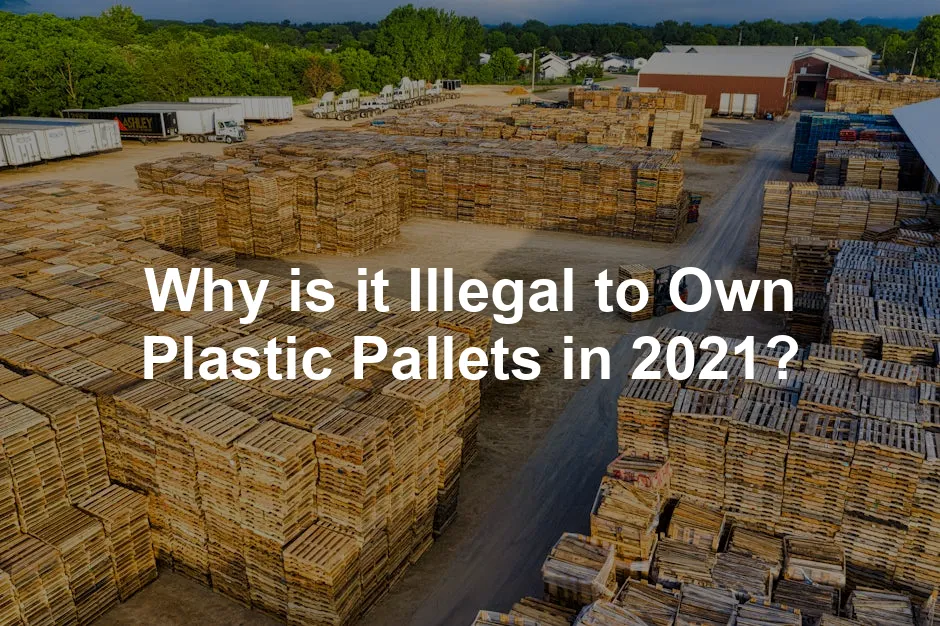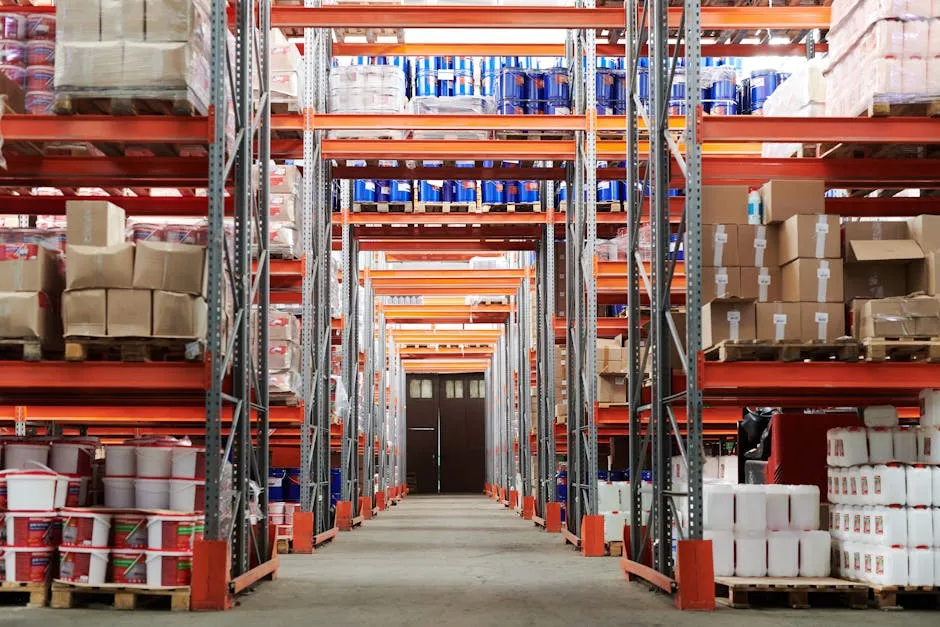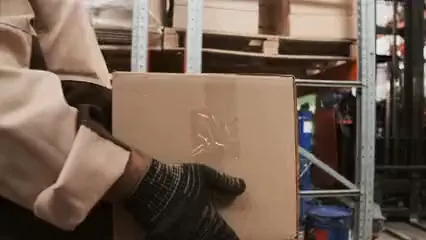
Why is it Illegal to Own Plastic Pallets in 2021?
Introduction
Plastic pallets play a vital role in logistics and supply chains. However, their ownership comes with legal challenges. Understanding these complexities is crucial for businesses. This article will examine the reasons behind the legality issues surrounding plastic pallets in 2021.
Summary and Overview
Plastic pallets are widely used across various industries, such as food, pharmaceuticals, and retail. They offer durability, hygiene, and cost-effectiveness compared to traditional wooden pallets. Generally, owning plastic pallets is legal, but specific conditions may render ownership illegal. Exceptions arise when pallets are acquired illegally or fail to meet safety standards.
This article will discuss the legal regulations in place, focusing on laws like the one enacted in Arizona in 2011. We will also explore the rationale behind these laws and their implications for businesses, emphasizing the need for compliance and awareness of local regulations.
Want to ensure your pallets are managed effectively? Consider investing in a Plastic Pallet Storage Rack. It’s the perfect solution for keeping your pallets organized and easily accessible while maximizing your warehouse space.

Legal Background of Plastic Pallet Ownership
Overview of Relevant Laws
The legality of owning plastic pallets is primarily influenced by laws aimed at combating theft and protecting businesses. One significant law was enacted in Arizona on July 20, 2011. It prohibits individuals from purchasing five or more plastic pallets marked with a company’s logo without proper documentation. This law targets those involved in recycling, shredding, or reselling bulk merchandise containers.
To purchase plastic pallets legally, buyers must provide specific seller information, including the seller’s name, address, and contact number. Moreover, proof of identity documentation is required. Buyers must retain this information for a year, allowing law enforcement to verify the legality of the purchase.
This legislation arose in response to a surge in plastic pallet theft. These pallets can be recycled into raw materials, making them valuable and attractive to thieves. The law aims to reduce theft and protect local businesses from the financial losses associated with stolen pallets.
Additionally, businesses must comply with safety and quality standards. Failure to adhere to these requirements can lead to legal complications, especially in regulated industries. Understanding local laws regarding plastic pallets is essential for businesses to avoid legal issues and ensure compliance.

Enhancing security measures is vital. A RFID Tracking System for Pallets can help you keep tabs on your assets, making it much harder for thieves to get away with your valuable inventory.
Current Situation of Plastic Pallet Theft
Trends and Statistics
As of 2021, plastic pallet theft has become a significant concern for businesses. Reports indicate a steady increase in theft incidents, particularly in logistics hubs where these pallets are heavily utilized. Law enforcement has shifted its focus towards high-risk areas, targeting organized crime groups that specialize in pallet theft. This change aims to curb the growing black market for stolen pallets.
The regulations introduced in Arizona, particularly the law from 2011, have made it harder for thieves to resell stolen pallets. However, the effectiveness of these laws varies. Many businesses still face challenges in protecting their assets. In fact, a study revealed that over 1,500 plastic pallets were reported stolen in 2020 alone, highlighting the ongoing issues.
Moreover, the resale value of these pallets has attracted thieves. The high demand for plastic pallets in industries like food and pharmaceuticals makes them even more appealing. Businesses are encouraged to implement better tracking systems and security measures to safeguard their assets.
Protecting your plastic pallets is essential. Consider investing in tracking technology, secure storage, and employee training. These steps can significantly reduce the risk of theft and ensure compliance with local laws.

Are you worried about pallet damage during transport? A Heavy Duty Plastic Pallet could be your solution! They are designed to withstand heavy loads and harsh conditions, ensuring your products arrive safely.
Compliance and Environmental Regulations
Safety and Environmental Considerations
Using compliant pallets is crucial in industries such as food and pharmaceuticals. These sectors demand strict adherence to hygiene and safety standards. Non-compliant pallets can lead to contamination, affecting product quality and consumer safety.
Environmental regulations play a significant role in the legality of plastic pallets. Many regions have imposed strict guidelines that govern the materials and manufacturing processes of these pallets. For example, pallets made from harmful or non-recyclable plastics may be banned. Businesses using such pallets risk hefty fines and legal issues.
Compliance rates are essential to consider. Studies show that companies with compliant pallets experience fewer regulatory issues. On the flip side, non-compliance can result in penalties. In some cases, fines can reach thousands of dollars for improper pallet use.

To safeguard your business, conducting regular audits of your pallet inventory is vital. This ensures adherence to safety standards and environmental regulations. It’s an important step towards maintaining compliance while protecting your brand and bottom line.
Consider enhancing your pallet management with a Pallet Scale. This tool allows you to weigh your pallets accurately, helping you stay compliant with shipping regulations and avoid overloading your transport vehicles.

FAQs
Are there any legal uses for plastic pallets?
Yes, businesses can use plastic pallets legally if they comply with local regulations. Proper documentation is essential to ensure the legitimacy of ownership.
What are the penalties for owning stolen plastic pallets?
Businesses caught with stolen plastic pallets may face significant fines, legal action, and potential damage to their reputation. It’s crucial to verify the provenance of any pallets to avoid these risks.
Can I use plastic pallets in food and pharmaceutical industries?
Yes, but compliance with strict safety and quality standards is mandatory. Non-compliant pallets can lead to contamination and legal repercussions.
How can businesses protect their plastic pallets from theft?
Implement secure storage practices, maintain detailed records of ownership, and consider using tracking technologies. Regular audits can also help safeguard your assets.
What should I do if I suspect my pallets were stolen?
Report the theft to local authorities immediately. Provide any documentation you have regarding the pallets and cooperate with law enforcement to recover them.
Please let us know what you think about our content by leaving a comment down below!
Thank you for reading till here 🙂
And while you’re here, don’t forget to check out our Warehouse First Aid Kit. Because safety should always be your top priority in any workplace!
All images from Pexels




